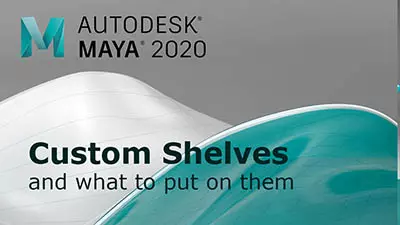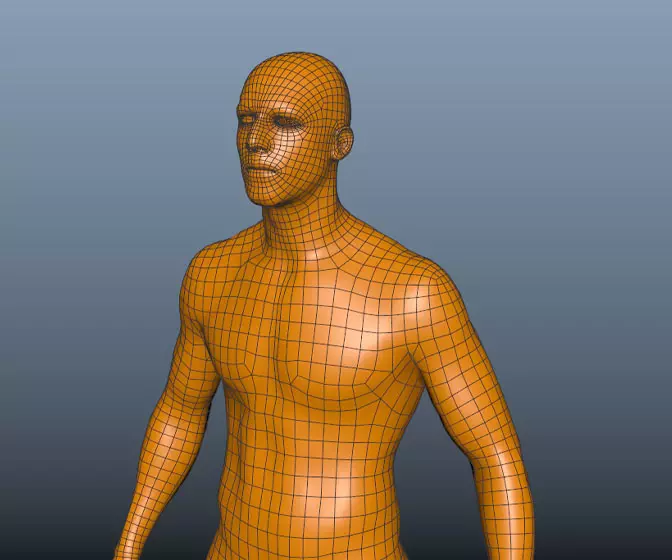Maya for 3D Printing - Rapid Prototyping
In this course we're going to look at something a little different, creating technically accurate 3D printed parts.
#
16
05-12-2007
, 01:47 AM
In the end, your render look nice, to improve it, do make the changes suggested, I like the grenade.
#
17
05-12-2007
, 04:21 AM
I wasn't going for photorealism and I did it from memory rather than a photo (though I suppose I could have used one). "Close enough for government work", and again done in well under an hour. Lighting (or attempting to light it) took a good chunk of that hour! :-)
Basically, it was a half-sphere with extruded edges.
Anyway, the advice about using a bump map is relevant. I created a grayscale noise pattern in Photoshop and applied it as a bump map to simulate the gritty finish on many of these helmets. Also, be sure and bevel all sharp edges!
Some nice helmet work on this thread, keep it coming!
"Ad astra per aspera..."
#
18
05-12-2007
, 01:00 PM
Registered User
Join Date: Nov 2007
Join Date: Nov 2007
Location: Sweden, Sandviken
Posts: 50
#
19
11-12-2007
, 03:37 PM
Accept no substitutions.
Posting Rules Forum Rules
Similar Threads
Modelling Boba Fett Helmet Problems
by tomundrwd in forum Maya Modeling replies 2 on 11-05-2015
Help with my first WW1 Helmet mesh
by Denague in forum Work In Progress replies 3 on 13-04-2015
Help with M40 WW2 German Helmet
by Denague in forum Work In Progress replies 13 on 17-05-2014
alias nurbs helmet tutorial
by ctbram in forum Work In Progress replies 16 on 04-08-2005
*WAR*
by jklaroe in forum Maya Basics & Newbie Lounge replies 137 on 26-03-2003
Topics
New tutorial - Create tileable textures from photos. Photoshop to Alchemist to Maya 2
By David
Site News & Announcements
5
Free Courses
Full Courses
VFX News
How computer animation was used 30 years ago to make a Roger Rabbit short
On 2022-07-18 14:30:13
Sneak peek at Houdini 19.5
On 2022-07-18 14:17:59
VFX Breakdown The Man Who Fell To Earth
On 2022-07-15 13:14:36
Resident Evil - Teaser Trailer
On 2022-05-13 13:52:25
New cloud modeling nodes for Bifrost
On 2022-05-02 20:24:13
MPC Showreel 2022
On 2022-04-13 16:02:13










